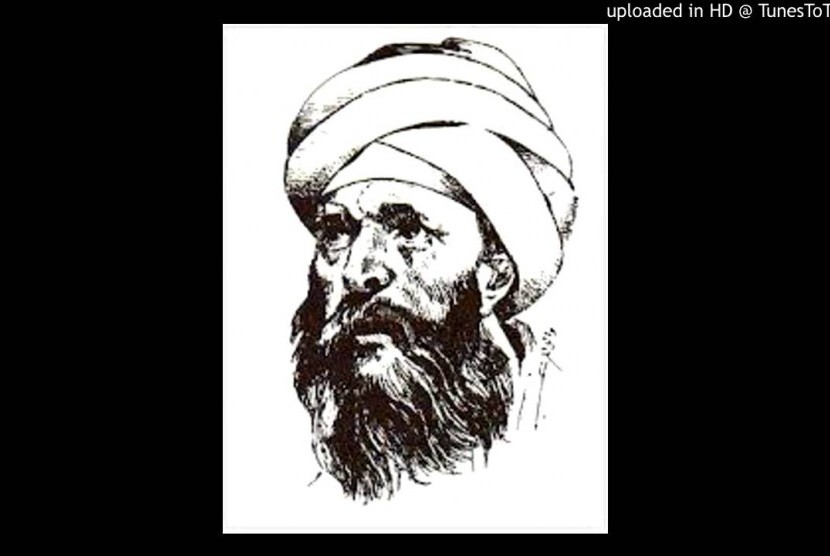

There are many subjects in which transmission from authorities or classical interpreters is necessary for the explanation of This has led to the growth of many sects. Thirdly, sometimes a person has a preconceived purpose for which he adduces proof with a verse, knowing fully well that that purpose is not intended in the Quran. This can happen to those interpreters who are aware of the Sharia as well as to those who are ignorant of it. So he interprets the Quran accordingly, citing as evidence an argument which promotes his purpose.


Firstly, the interpreter has his own opinion (ra’y), which is influenced by his nature (tab’) as well as his desire or passion (hawa). According to Ghazali, the reason for prohibiting the interpretation of the Quran by one’s personal opinion is for two reasons. Ghazali quotes a hadith in which it is said, “He who explains the Quran according to his personal opinion shall take his place in Hell” (Tirmidhi). Requirement of interpreting the Quran to find that opinion which is expressed by a learned authority, but it is lawful for everyone to elicit a meaning from the Quran in keeping with his understanding and intelligence. Thirdly, Ghazali argues that if the interpretation of the Quran is like revelation and is only heard from the Prophet, and is preserved the way revelation is preserved, then why did the Prophet pray for Ibn Abbas saying, “God, bestow upon him the understanding of the religion and teach him the interpretation of the Quran”? Fourth, Ghazali thinks that it is not a The Prophet could not have given all these, sometimes contradictory, explanations of the verses of the Quran, which means that every exegete came to his own conclusion. Secondly, the Companions of the Prophet, and those after them, the tabiun, gave many varying explanations. But, according to Ghazali, this applies only to a small part of the Quran. The first requirement of interpreting the Quran is that it should have been heard from the mouth of the Prophet and be supported by a chain of narration going back to him. This knowledge is something that is not achieved by its mere outward exegesis.” Ibn Masud said, “One who intends to acquire the knowledge of the ancients and the moderns should ponder over the Quran. Since the Prophet is reported to have said that the Quran has an outward aspect, an inward aspect, a limit and a prelude, the above number is multiplied four times.

Ghazali quotes a religious scholar who says that the Quran encompasses 77,200 forms of knowledge, for every Quranic sentence constitutes one form of knowledge. Shortcomings and he thinks that all other people are at the same level as himself. Hazrat Ali said, “If I so will I can certainly load 70 camels with the exegesis of the opening surah of the Book.” Since the outward exegesis of this short chapter can be written in a few pages, what is the meaning of this statement? Ghazali explains that the person who thinks that there is no meaning of the Quran except for the outward (or obvious) exegesis, is actually expressing his own Ghazali says that the hadith, sayings of the Companions of the Prophet (PBUH) and those of other scholars of early Islam prove that for men of understanding there is a broad scope in the meaning and interpretation of the Quran. Many of his books are extant to this day. Abu Hamid Muhammad ibn Muhammad al-Ghazali (1,058-1,111CE), a great philosopher, cosmologist, jurist, psychologist and theologian-turned-mystic, was born and died in In this scenario, it is rewarding to look at Imam Ghazali’s classic theory of Quranic interpretation, presented in one of his most well-known works, Ihya Ulum ud-Din (Revival of the Religious Sciences). JUST as there is a growing global demand for enlightening modern commentaries of the Quran, there is a persisting dearth of exegetical scholarship, even as the overall body of literature on Islam increases.


 0 kommentar(er)
0 kommentar(er)
